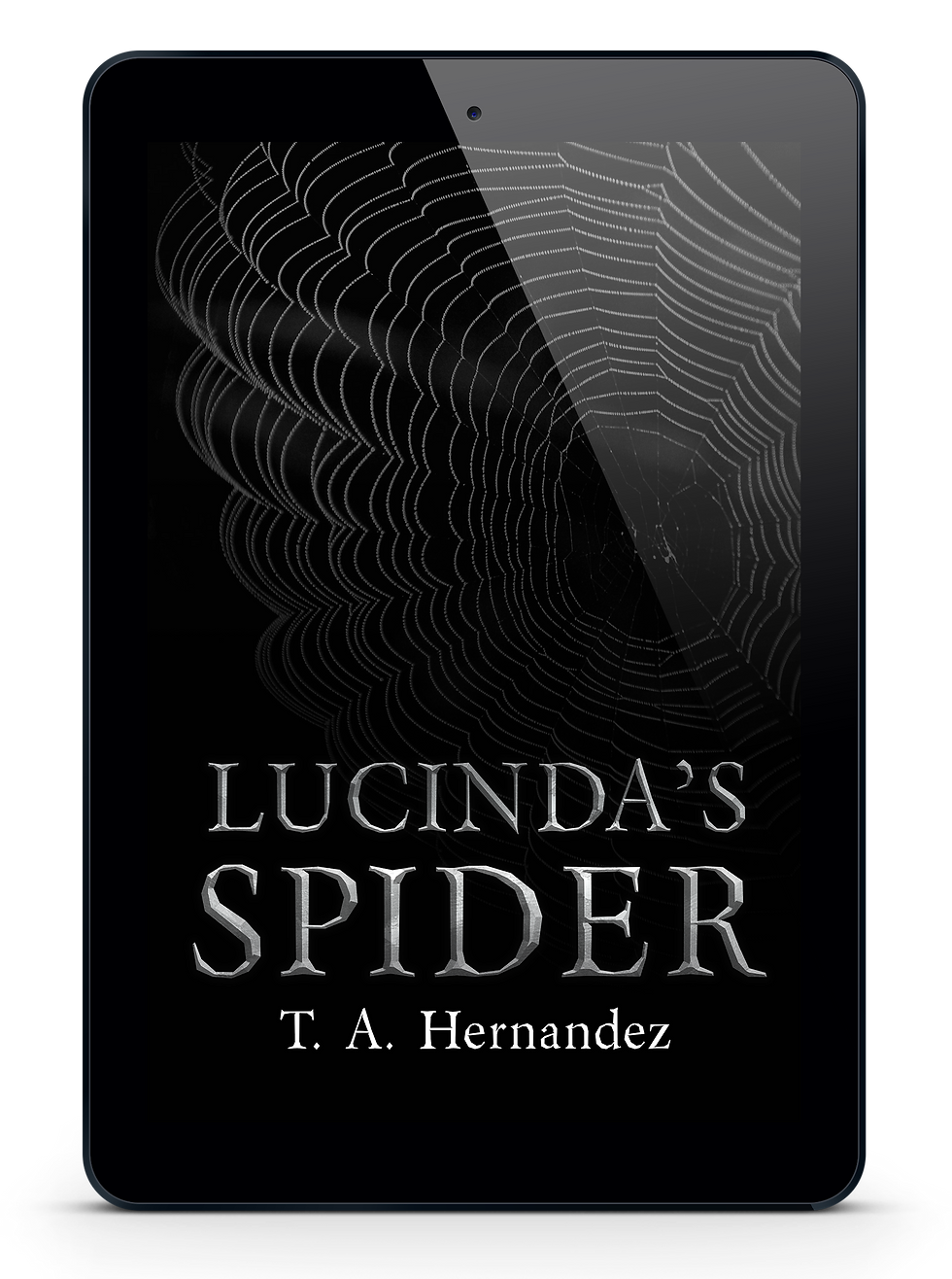Interesting Things I Learned While Writing Secrets of PEACE
- T. A. Hernandez

- Aug 8, 2018
- 4 min read
Updated: Mar 16, 2019
Ah, research. Some writers love it. Some hate it. I lean more towards the "hate" end of the spectrum, but once in a while, I stumble across some really cool stuff that makes it all worthwhile, even if I don't end up using it in the story. Today I wanted to talk about a few of the most interesting things I learned while doing research for the Secrets of PEACE series.
1. Prosthetic limbs
Minor spoiler alert: There is a character in Secrets of PEACE who loses one of their legs and ends up with a prosthesis. This ended up being a much bigger plot point than I had originally planned, so there came a point about three drafts in where I realized I needed to do a lot more research to really understand what I was writing about and make it plausible. I eventually found my way to something called osseointegrated prosthetic attachment, which is basically just a fancy way of saying there's an implant that extends out from the bone of the residual limb so a prosthetic device can be attached. Cool right? There are some risks involved and it isn't that common now, but I figured that 100+ years in the future when the story takes place, it would be reasonable to assume this could be a viable option for people.
Several months ago, I was watching this veterinarian show on Netflix and in the first episode, there was a cat named Oscar who actually had a similar procedure done. I have to admit, I was pretty proud of myself for already knowing exactly what they were talking about and how it worked before the vet even explained it all.




Comments